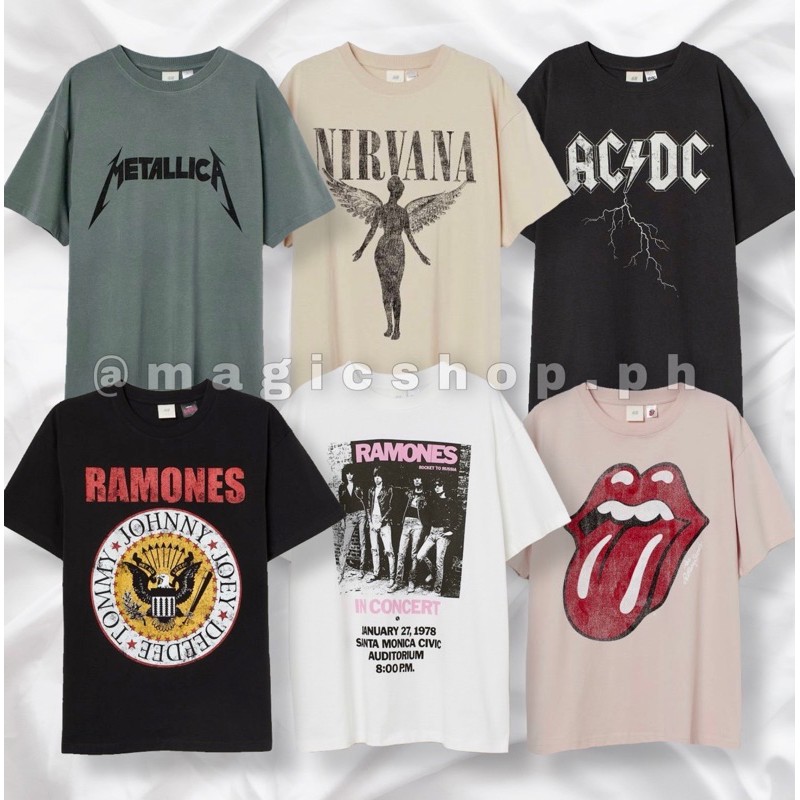Discover the latest music trends and insights with A&R Factory. Stay informed and inspired as we explore the dynamic music industry landscape where we cover the latest music industry trends, analysis and predictions in the industry. Whether you’re a music enthusiast or industry professional, A&R Factory is your go-to source.
Why Aren’t Album Clubs As Popular as Book Clubs?
Posted on 18 September 2024Album or music clubs, where participants come together to listen to and discuss music, haven’t reached the same widespread popularity as book clubs for several reasons, each tied to the nature and consumption of the media.
In this article, we will explore why appreciation of recorded music, outside of hearing it in clubs, coffee shops, bars, and when you listen to paltry covers in Tesco while shopping for milk, tends to be a more solitary and introverted experience.
For those brave enough, we will also cover different ways of hosting your own album clubs, whether that be in the digital domain-where we are increasingly determined to reside-or in material reality so you can touch some proverbial grass while chewing the fat over seminal and hidden gem releases.
Why Haven’t Album Clubs Integrated Themselves Into Social Fabric?
Firstly, the way people engage with music versus books significantly differs. Reading is inherently a solitary activity that requires quiet and personal space to immerse oneself in the text, lending itself well to subsequent group discussions about a shared solitary experience. Music, on the other hand, often serves as a backdrop to other activities and is commonly experienced in a communal setting, such as concerts or parties, rather than in a focused, analytical setting. This can make dedicated listening, akin to the focused reading required for book clubs, less common as a social activity.
Additionally, the interpretive discussion about books often centres on narrative elements like plot, character development, and thematic content, which can provide a rich ground for discussion. Music, while deeply emotional and potentially evocative, might not always offer the same narrative depth to sustain regular, prolonged discussions in a club format, especially for those who aren’t musically trained to speak about elements like composition, instrumentation, and production techniques.
There’s also the aspect of time investment and accessibility. Reading a book can take several hours, equivalent to the time it might take to thoroughly explore just one or two albums in depth. Music clubs might therefore either skim the surface of many pieces quickly or require a much longer commitment to delve deeply, which could be a deterrent.
Moreover, the infrastructure for book clubs has been more robustly developed over the years, supported by libraries, bookstores, and educational institutions, which often have structures in place to facilitate book discussions. While some record stores and cafes might host album-listening parties, these are less formalised and less frequent.
Lastly, the personal nature of music taste can also be a factor. While book clubs can centre around genre preferences easily, music preferences can be even more subjective and varied, potentially making it harder to gather a consistent group interested in exploring the same musical styles or themes with the same level of enthusiasm.
Despite these factors, there are communities and online platforms where passionate music lovers gather to discuss albums in depth, indicating a niche but enthusiastic audience for music clubs. The key difference lies in the scale and the nature of engagement, which remains more informal and less structured than that of book clubs.
How to Start Your Own Album/Music Club
If you still want to start your own album club after taking into consideration the myriad of caveats to explore new music, deepen your understanding of different genres, and connect with others who share your passion for music, this guide will explore how to set up an album club, both online and in the physical world, along with some ideas on how it can operate and the kind of rules that might be beneficial to implement.
Choosing the Platform
Online Platforms: For those looking to start an album club online, social media platforms like Facebook, Discord, and Reddit offer robust environments. You can create private groups on Facebook where members can post, comment, and vote on music selections. Discord offers excellent tools for real-time voice discussions, perfect for listening parties and immediate reactions. Reddit can serve to host broader discussions and engage with a larger community of music fans.
Physical Locations: If you prefer in-person meetings, consider local cafes, pubs, or bars which would welcome the custom as potential meeting spots. These venues often welcome regular gatherings and might be open to hosting a music-themed club. You could also rotate meetings among members’ homes to add a personal touch and variety to the settings. But it’s probably not a good idea to rock up to strangers’ houses!
Online and In-Person Hybrids: To combine the best of both worlds, consider a hybrid model where meetings rotate between online and in-person. This model can accommodate members who may be geographically dispersed or unable to meet in person regularly.
Structuring the Club
Music Selection Process: Decide how albums will be chosen. Will one leader select all the music, or will members take turns? Another approach is to have members vote on a selection of albums presented each month. This method ensures everyone has a say in what’s being listened to, adding to the communal feel.
Meeting Frequency and Duration: If you are hosting an album club in a physical location, you will need to determine how often the club will meet. Monthly meetings are advised, as they will give everyone enough time to thoroughly listen to the albums. Each session could last a couple of hours, depending on the number of albums discussed and the depth of conversation.
Genres and Themes: It’s essential to agree on the genres of music that will be explored. As musical taste can be highly personal and varied, consider starting with more broad genres that can encompass a variety of interests. You might also theme meetings around specific musical eras, geographical regions, or even certain moods or thematic content.
Rules and Guidelines: Encourage members to listen to each other’s viewpoints with respect, even when opinions differ. This fosters a safe environment where all members feel valued and heard.
Diverse Selections: While it’s important to agree on genres, encourage exploration into sub-genres or less familiar artists within those categories. This approach can help expand members’ musical horizons and prevent the club from stagnating.
Preparation: Members should come to meetings having listened to the selections at least once. Preparedness ensures that discussions are meaningful and everyone can contribute thoughtfully.
Importance of a Musical Outlet
In our era of digitisation and disconnection, genuine, passionate discussions about personal interests can be rare. An album club not only allows individuals to share and explore music but also helps them connect on a deeper level with others. Music, inherently emotional and often a reflection of personal identity, can evoke profound discussions not only about the music itself but also about related experiences and feelings. Such discussions can be immensely fulfilling, providing both intellectual stimulation and emotional support.
Article by Amelia Vandergast










